No Cuts to I/DD Services and Staff Ensures Care and Support for People with I/DD in Georgia
People with intellectual and developmental disabilities (I/DD), their families, and allies work hard every day to make life better for the disability community. Along the way, they face many challenges in society, politics, money, and systems. One of the biggest challenges is getting and keeping the funding needed for important services that support people with I/DD.
The Georgia Council on Developmental Disabilities (GCDD) and the Service Providers Association for Developmental Disabilities (SPADD) are working together during the January 2026 Georgia legislative session. Lawmakers will be discussing the budget for disability services and staffing. GCDD and SPADD want to make sure there are no cuts to adult disability services, staff, or the Department of Behavioral Health and Developmental Disabilities (DBHDD).
They are also asking for more New Options Waivers (NOW) and Comprehensive Support Waiver Program (COMP) waivers. These Medicaid programs help people with disabilities get the care and support they need.
This ask comes just after the passage of the One Big Beautiful Bill Act (HR1), which was signed into law in July 2025. Starting in January 2027, Medicaid cuts will make the future of NOW/COMP waivers uncertain for Georgians.
Georgia's Medicaid program covers more than 2 million people. This includes over 200,000 people with disabilities. Medicaid pays for important services. These include NOW/COMP waivers. These waivers provide Home and Community-Based Services (HCBS) for people with I/DD. Medicaid also pays for TEFRA/Katie Beckett Waivers. These cover tests and treatment for children with significant disabilities.
HR1 does not directly cut HCBS. But history shows us something important. When Medicaid faces budget cuts, optional services like HCBS are often cut first.
 Advocates from Uniting for ChangeThis is a big concern because there are about 7,900 Georgians with I/DD who are already on the waitlist for these services — and that number could grow if cuts happen. In the past, GCDD asked lawmakers to fund 2,400 new waiver slots, as recommended by the I/DD Senate Study Committee in 2022. However, the state budget for 2025 only added 100 new slots.
Advocates from Uniting for ChangeThis is a big concern because there are about 7,900 Georgians with I/DD who are already on the waitlist for these services — and that number could grow if cuts happen. In the past, GCDD asked lawmakers to fund 2,400 new waiver slots, as recommended by the I/DD Senate Study Committee in 2022. However, the state budget for 2025 only added 100 new slots.
“NOW/COMP waivers are key for individuals with disabilities,” said Katie Bailey, Director of Project and Operational Strategy at Sangha Unity Network (SUN), a nonprofit that helps people with I/DD build self-advocacy, leadership, connections, and independence. “[The waivers] open the door for people to have the option to access their community and live in a home of their choosing rather than an institution or nursing facility.”
SUN often collaborates with GCDD with its advocacy at the Georgia State Capitol and will continue to support GCDD during the next legislative session. SUN also supports Uniting for Change, a self-advocacy organization that empowers people with disabilities through self-advocacy mentorship and teaching.
Bailey added, “Last year, some of the members of Uniting for Change presented at the various advocacy days at the capitol. We need to elevate the voices of those with lived experience and allow people to speak directly about how these cuts will affect them.”
 Stephen Spurrier"I feel that cuts would impact me very greatly in a negative way if resources are not handled correctly,” said Stephen Spurrier, a SUN board member and Uniting for Change U4C Leadership Collective member. “I appreciate all the hard work that is done but I think decisions like this need to be deliberated on and thought through very thoroughly before making a move.”
Stephen Spurrier"I feel that cuts would impact me very greatly in a negative way if resources are not handled correctly,” said Stephen Spurrier, a SUN board member and Uniting for Change U4C Leadership Collective member. “I appreciate all the hard work that is done but I think decisions like this need to be deliberated on and thought through very thoroughly before making a move.”
Spurrier added that he would like to take full control of his services and decide who his provider is and when he will receive care. “Should the waiver be decreased for any reason, this could greatly hamper my future endeavors and affect the entire trajectory of my life."
These cuts do not just affect how many people get services — they also lower the quality of care and make it harder to find providers for people already receiving help. One key service in the NOW/COMP waivers is access to direct support professionals (DSPs). DSPs are very important for people with I/DD because they provide daily support and help teach life skills and social skills.
“DSPs are the most important people in the lives of individuals with I/DD,” said Danny Hoover, Chief Operations Officer of Diversified Enterprises, an agency that helps people with I/DD learn job skills and find work in the community. “[DSPs] often provide people emotional, physical, medical, and financial literacy support. They are integral to the happiness and joy of people with I/DD. Also, people become attached to their DSPs, and that can make it hard to adjust when staff is shifted.”
 Danny HooverUnfortunately, it has been very challenging to hire and keep DSPs in Georgia, particularly due to low wages compared to the skills and work required.
Danny HooverUnfortunately, it has been very challenging to hire and keep DSPs in Georgia, particularly due to low wages compared to the skills and work required.
“Many times, DSPs make the same wages as fast-food and other low-wage workers,” explained Hoover. “When you are hiring for a job like DSP, which requires a broad skillset, and your wages compare to low-wage jobs, you lose highly skilled applicants who will instead look for higher-paying positions.”
Hoover said that raising DSP wages in the past has helped. Pay has gone up during the last four years, but it’s still not enough to fix the shortage of workers.
“We do rate studies periodically, but we don’t offer cost of living adjustments (COLAs) like other states,” notes Hoover. “If we did, DSPs would have had an additional 20% increase in wages by now. The state needs to be more strategic about how Medicaid allows funds to be used.”
Currently, DBHDD does rate studies for the NOW/COMP waivers. These studies help decide DSP wages and how money for I/DD services is spent. Lawmakers use the studies to understand what is needed and to make decisions about Medicaid services and funding. In 2024, The rate increase was supported by a combination of state funding ($28 million from DBHDD) and federal matching funds, totaling $107 million.
While more waivers and avenues to increase DSP wages and retention remain a top priority, GCDD and SPADD are partnering in the upcoming legislative session to make sure there are no cuts to DBHDD’s staff.
DBHDD is key to administering I/DD services, especially the NOW/COMP waivers. The agency cites that not having enough staff is why new waiver slots haven’t been added. If more waivers are created, DBHDD will need more staff, not fewer.
“DBHDD tries to do their best with the resources they have to put people into services as quickly as possible,” said DeAnna Julian, CEO of the Frazer Center. “They definitely can’t afford to lose staff, and a lot of our service providers can’t afford to lose staff. Really, the ability for people to access those services relies on quick and efficient processes through DBHDD.”
 DeAnna JulianThe Frazer Center is a nonprofit that runs a child development program for children with and without I/DD, and an adult program for people with I/DD. The adult programs are funded by NOW/COMP waivers. Julian says that in her experience, cutting DBHDD staff hasn’t directly reduced access to services, but it has caused longer delays.
DeAnna JulianThe Frazer Center is a nonprofit that runs a child development program for children with and without I/DD, and an adult program for people with I/DD. The adult programs are funded by NOW/COMP waivers. Julian says that in her experience, cutting DBHDD staff hasn’t directly reduced access to services, but it has caused longer delays.
“If there were a reduction in DBHDD staff, people with I/DD would definitely see even bigger delays and less access to services,” said Julian. “They need that staff for assessing waiver applicants and ensuring provider capacity and placement.”
During each fiscal year, people with I/DD must fight to keep the services they already have and ask for more resources. That’s why it’s so important to speak up for yourself. The strongest voices are the voices of the people who will be affected by budget cuts. Julian suggests learning about the issues, practicing how to tell your story, and connecting with organizations like SPADD and GCDD.
“To me, there’s power in numbers,” said Julian. “If we present a united front, that’s so much more powerful than all the individual silos. Parents coming together with advocacy organizations are much better poised to make a difference and an impact.”
The following sources provide further information regarding this topic:
- https://gcdd.org/images/public_policy/2021/WaiverPrimer_V2.pdf
- https://georgiarecorder.com/2021/09/29/georgias-disability-support-staffing-shortage-now-at-epic-proportions/
- https://dbhdd.georgia.gov/be-connected/dd-provider-faqs#:~:text=DBHDD%20maintains%20a%20Planning%20List,person%20who%20manages%20this%20work
- https://gcdd.org/images/2024/Legislative_History-Waivers-FINAL.pdf
- https://gcdd.org/news-a-media/making-a-difference-magazine/august-2025/fight-for-medicaid-whats-next
For more information, visit www.gcdd.org.

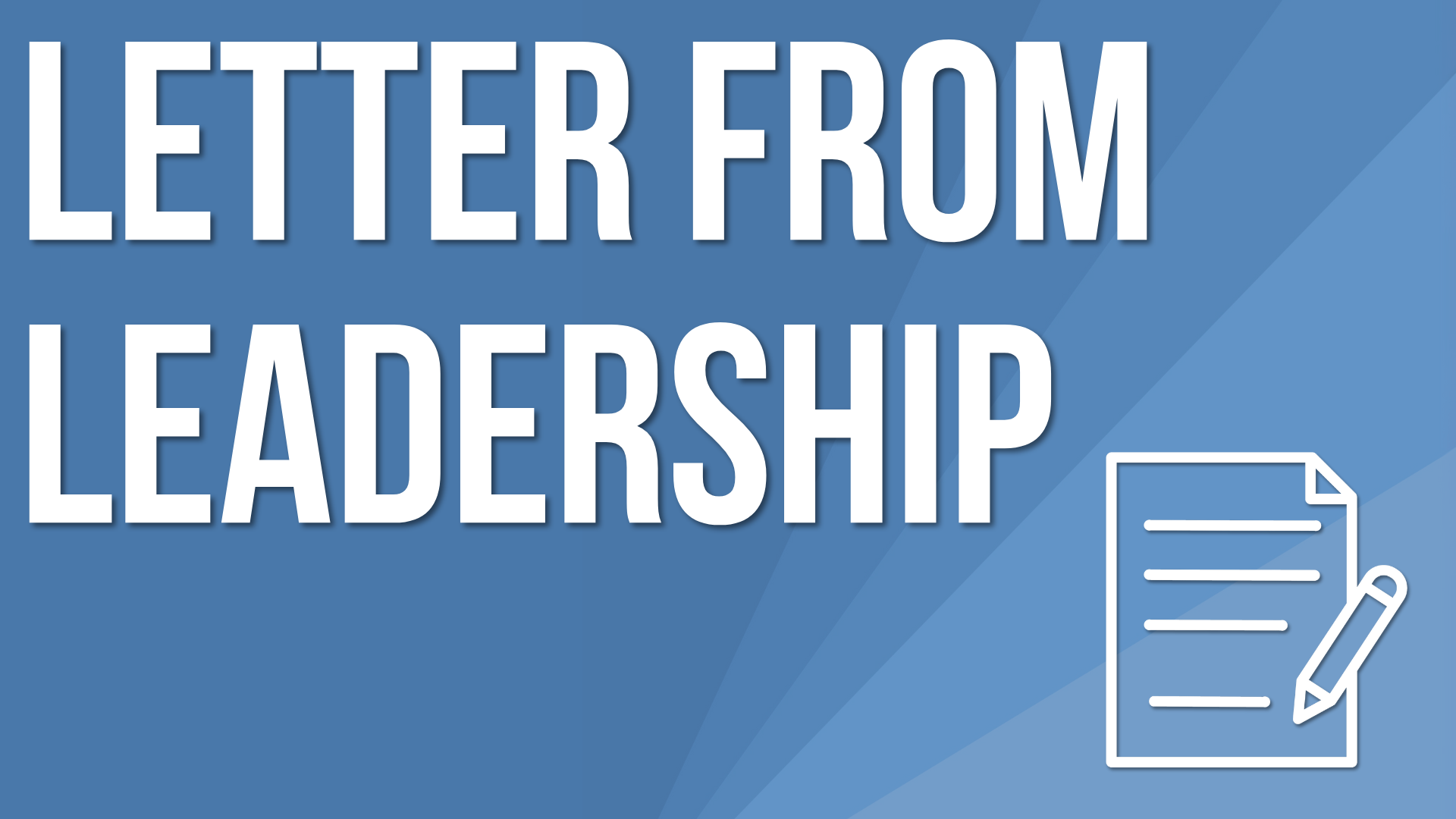
 Please join me in welcoming GCDD’s two newest employees: Cathy Harmon-Christian as our Public Policy Director and Rena Harris as our Chief Program Officer. By the time you read this, they will have been on the job for a couple of weeks, settling in, setting priorities and, I’m sure, already making a difference with their expertise.
Please join me in welcoming GCDD’s two newest employees: Cathy Harmon-Christian as our Public Policy Director and Rena Harris as our Chief Program Officer. By the time you read this, they will have been on the job for a couple of weeks, settling in, setting priorities and, I’m sure, already making a difference with their expertise.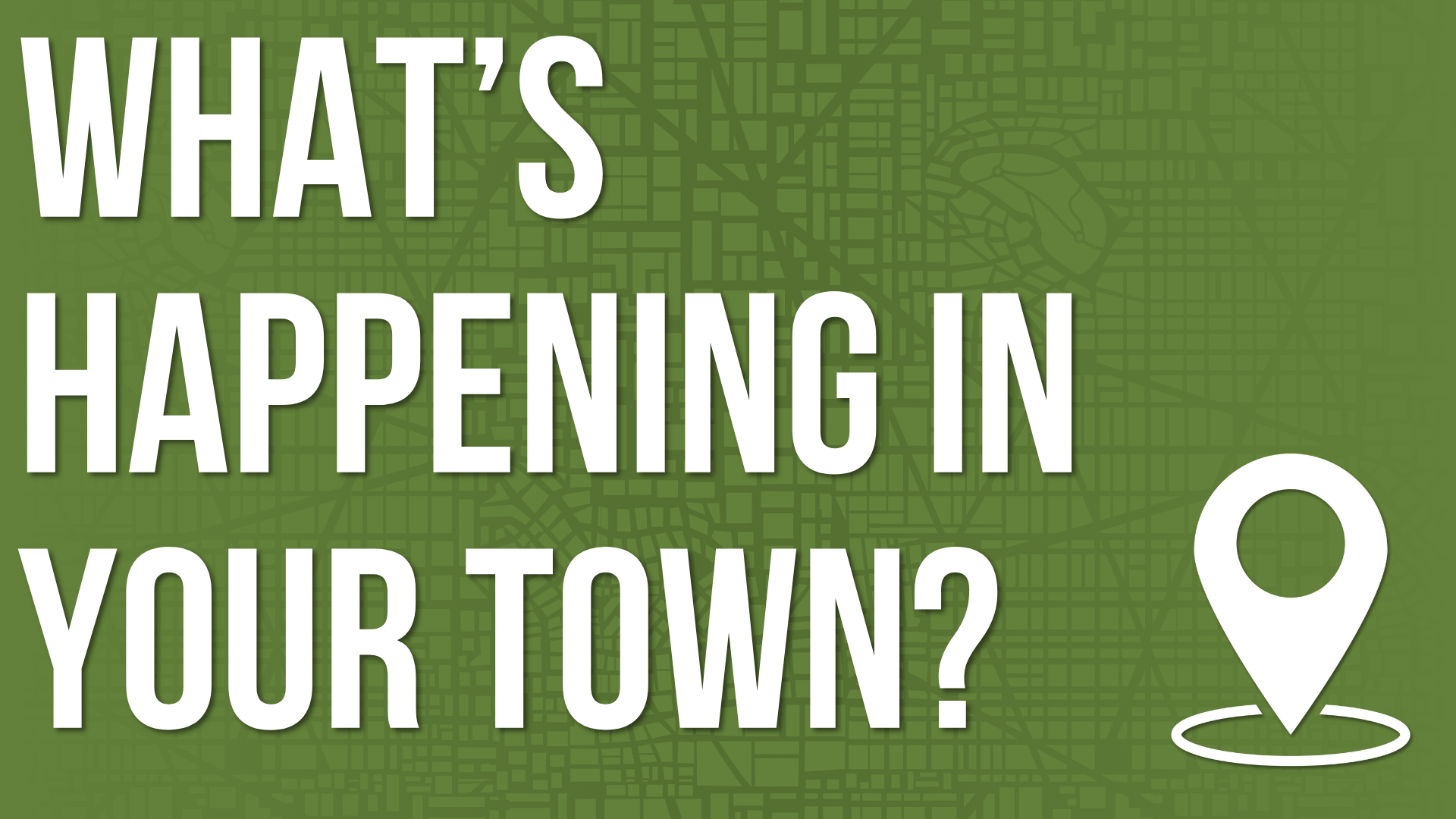
 Then the community slowly realized that the small restaurants and other familiar places were disappearing, and that friends we once shared that lunch special with had moved on. Big chain stores like Walmart, Kroger, and Target replaced the spaces where those small businesses once stood. Traffic picked up and more housing was built. We realized those weekly down-home lunch specials were a thing of the past, as the big city moved closer to McDonough.
Then the community slowly realized that the small restaurants and other familiar places were disappearing, and that friends we once shared that lunch special with had moved on. Big chain stores like Walmart, Kroger, and Target replaced the spaces where those small businesses once stood. Traffic picked up and more housing was built. We realized those weekly down-home lunch specials were a thing of the past, as the big city moved closer to McDonough.
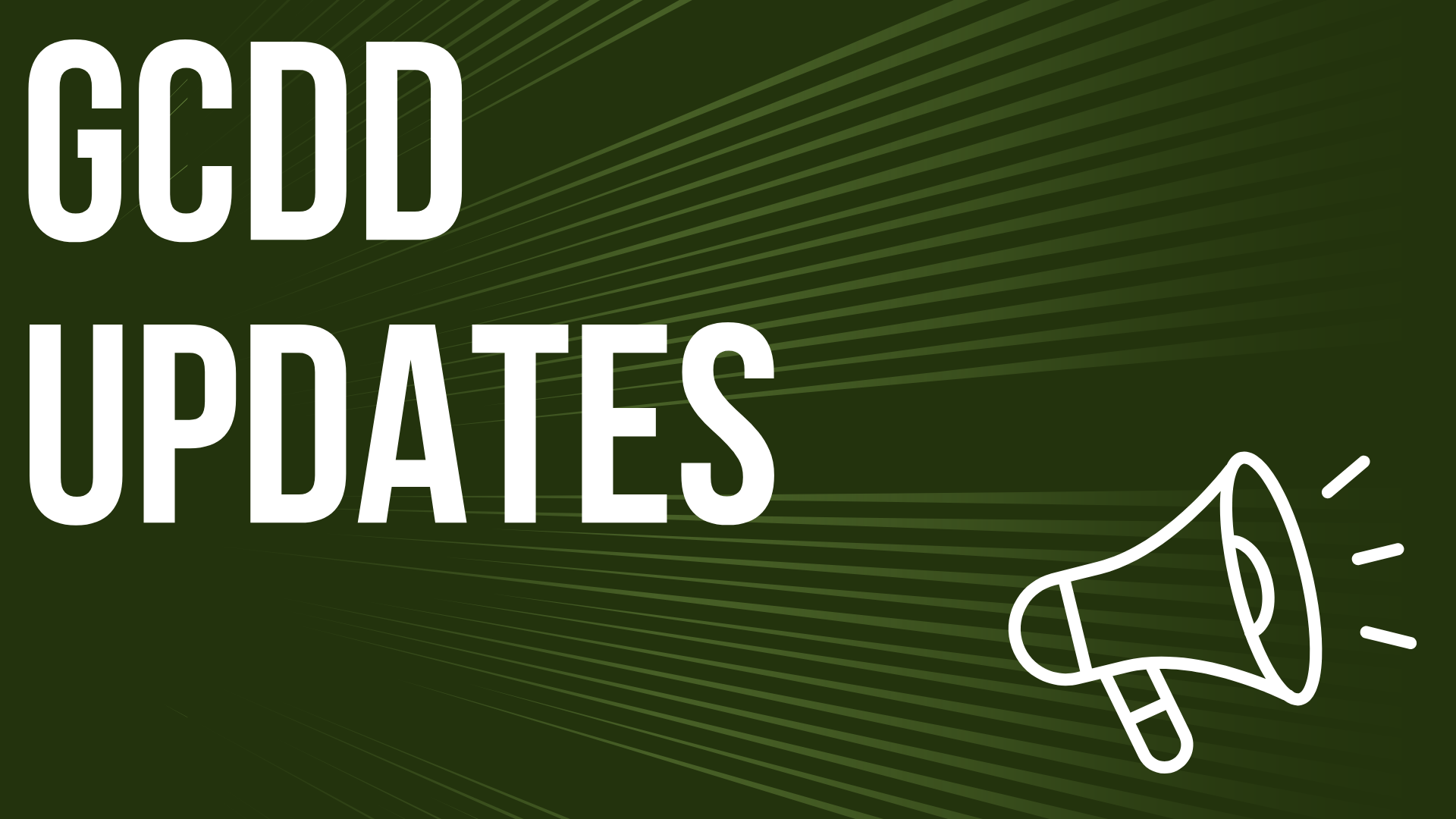
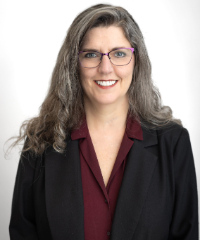 With more than 25 years of experience in disability rights and human services, Rena brings deep expertise in policy advocacy, community engagement, and organizational leadership. She holds an undergraduate degree in Psychology and a master’s degree in Applied Behavior Analysis. She is known for building strong partnerships with self-advocates, families, providers, and policymakers.
With more than 25 years of experience in disability rights and human services, Rena brings deep expertise in policy advocacy, community engagement, and organizational leadership. She holds an undergraduate degree in Psychology and a master’s degree in Applied Behavior Analysis. She is known for building strong partnerships with self-advocates, families, providers, and policymakers.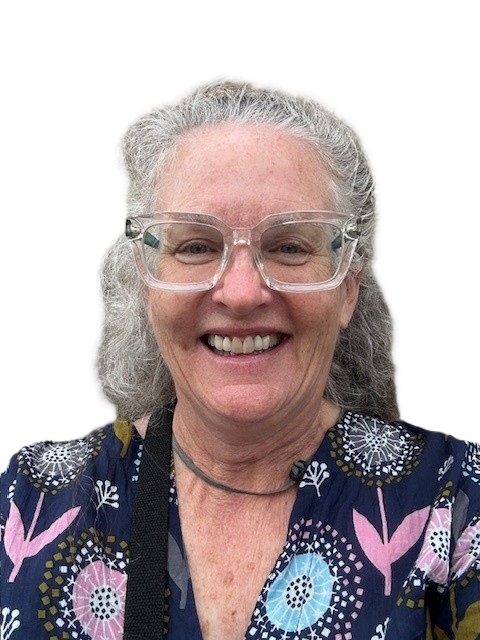 Cathy grew up in Peoria, IL, and earned a BA in English from Marquette University in Milwaukee, WI; a MA in International Relations from Boston University; a MTS from Spring Hill College in Mobile, AL; and an interdisciplinary PhD from the University of New Hampshire in Durham, NH. She had the unique opportunity to live and work in the community at Schumacher College (Devon, UK) while working on her dissertation. She was a Visiting Scholar at Linacre College, Oxford University, exploring cultural anthropology and ethnography.
Cathy grew up in Peoria, IL, and earned a BA in English from Marquette University in Milwaukee, WI; a MA in International Relations from Boston University; a MTS from Spring Hill College in Mobile, AL; and an interdisciplinary PhD from the University of New Hampshire in Durham, NH. She had the unique opportunity to live and work in the community at Schumacher College (Devon, UK) while working on her dissertation. She was a Visiting Scholar at Linacre College, Oxford University, exploring cultural anthropology and ethnography.